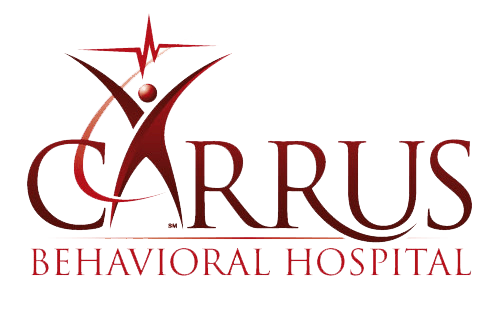
When children and adolescents have learning, emotional mental health disorders, their behaviors can be helpful or harmful. Behavior modification strategies help children learn new behaviors and decrease problem ones through applied behavior analysis (ABA). In this blog, learn more about ABA and how it helps children, adolescents and even adults learn safer, more appropriate behaviors for the school and home environment.
What Is Applied Behavior Analysis?
Applied behavior analysis, or ABA, is a therapeutic approach which focuses on teaching skills and changing behavior. ABA involves proven principles of positive reinforcement, or rewards.
How does ABA work? It involves several components.
First off, professional therapists and family members alike break down complex desired behaviors into smaller, achievable steps. This allows for more successful learning and reinforcement of positive skills, communication and behaviors.
For example, if a child has difficulty completing his or her morning routine, a parent can break it into smaller chunks, such as brushing teeth, dressing and packing a lunch bag. When the child completes one task successfully, they are praised and given a concrete reward, such as playing a favorite game.
Another important goal of ABA is creating a structured environment with consistent rules. This helps individuals with autism, as an example, understand expectations and reduces anxiety and confusion.
For instance, a teacher may use visual schedules or timers to help a student navigate the school day. Structure provides predictability and decreases behaviors detrimental to learning.
Positive reinforcement is also a key component of ABA. By rewarding desired behaviors, children and adolescents are more likely to repeat them. Positive reinforcement can take the form of praise, tangible items, privileges or access to favorite activities. For example, if a young child completes a task without challenging behavior, he or she may receive extra playtime or a sticker.
ABA also emphasizes plans and interventions based on each person’s unique needs and strengths. ABA therapists are trained to assess behavior and develop management strategies. They work closely with families, teachers and other professionals to create consistent approaches in all settings.
In addition to targeting challenging behaviors, applied behavior analysis can be employed to teach new skills. This includes academic skills such as reading and math, as well as social skills – one-on-one communication and problem-solving as examples.
ABA assists young people in developing stronger memory and focus skills, too. This can improve academic and vocational performance. ABA is often used in schools for students with special needs to help them learn classroom routines and behaviors. ABA techniques have been used successfully in the workplace to train employees on specific tasks or procedures.
The ABCs of Applied Behavior Analysis
The ABCs of applied behavior analysis are general rules our behavioral psychologists use to assess and modify unwanted behaviors. The ABCs refer to antecedent, behavior and consequence.
The antecedent is what happens directly before a behavior occurs. The behavior is the action itself. The consequence is what happens immediately after the behavior. By analyzing these three components, ABA therapists identify patterns in behavior and determine why certain behaviors occur.
Antecedents can include environmental factors such as noise levels or social cues which may trigger a specific behavior. For example, a child may act out in loud environments due to sensory sensitivities. By identifying this antecedent, an ABA therapist teach the child coping strategies to deal with loud noises and to reduce the agitation without acting in undesirable ways.
Behavioral Psychologist Near You in Sherman, TX
At Carrus Behavioral Health Hospital, our professional team individually assesses habits and behaviors of children with emotional and mental health issues, such as anxiety, depression, school-related stress, PTSD and more. We take a team approach to both inpatient and outpatient services we offer to families in the Sherman, TX, area.
Applied behavior analysis is one of the modalities we use to uncover why youngsters behave as they do. In consultation with our team of professionals, the patient and their family members, we carefully formulate evidence-based behavior management techniques. We want our young patients to live well in the home, at school and the community.
Learn more about us and our services by calling our office team for a consultation by calling (903) 870-2600 or requesting an appointment here. We offer compassionate, experienced care which helps children and adolescents, ages five through 17, have fuller, happier lives. We hope to hear from you soon.

